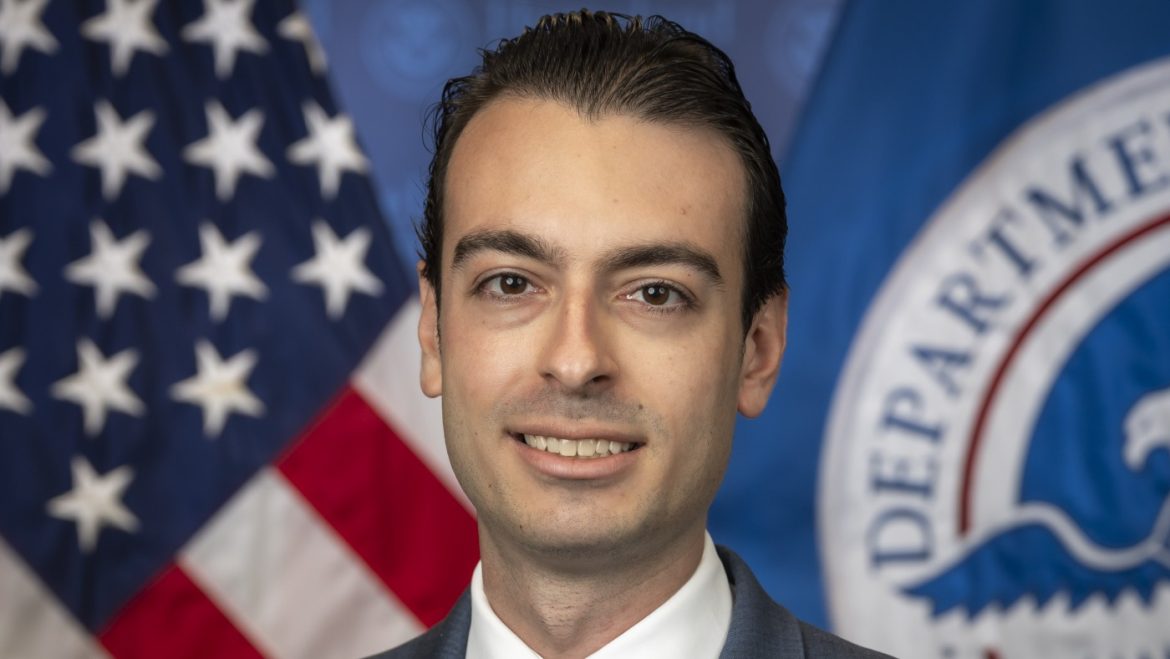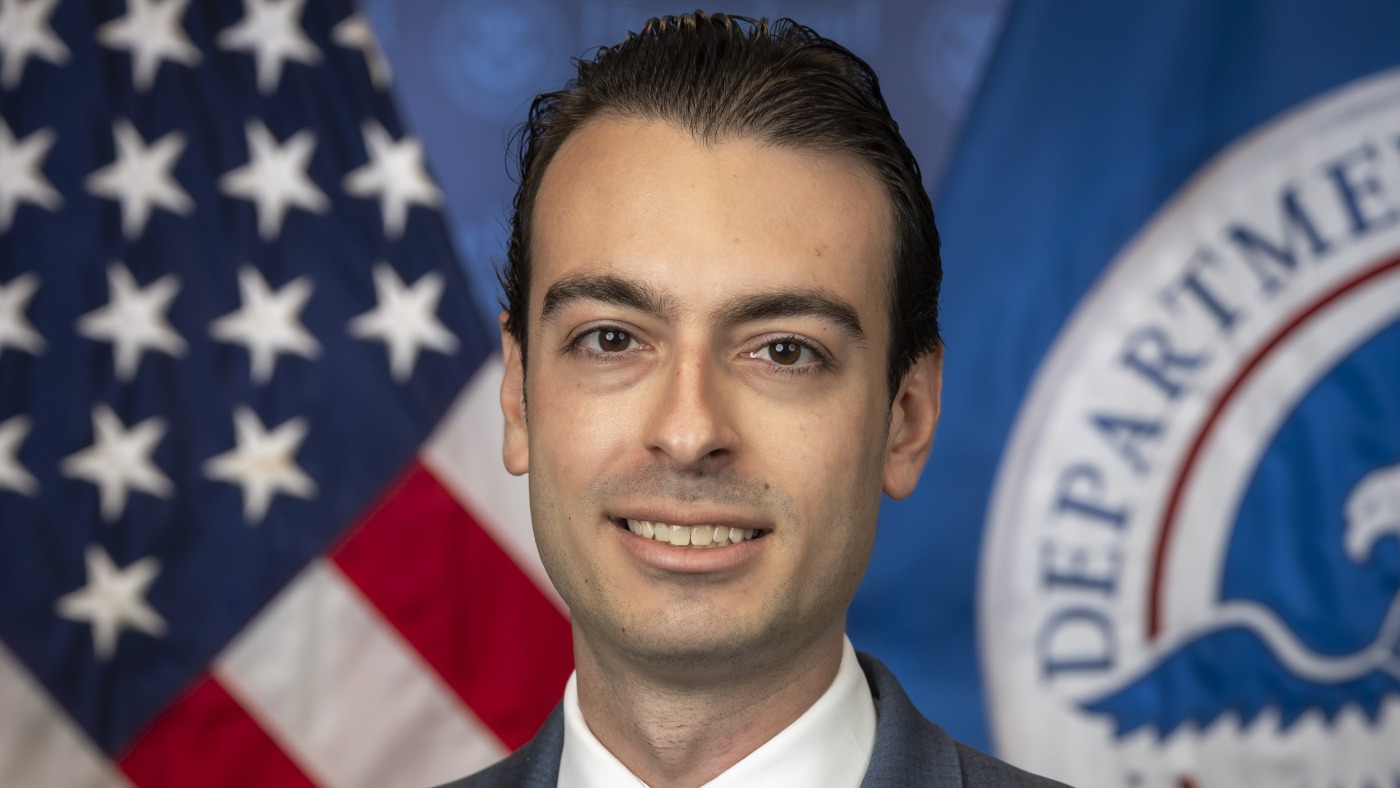The nomination of Paul Ingrassia to lead the U.S. Office of Special Counsel amidst allegations of his ties to antisemitic extremists illustrates a complex and troubling intersection of politics, ethics, and the enforcement of integrity within government institutions. This situation, alongside revelations about multiple officials within the Trump administration connected to antisemitic extremist figures, raises pressing questions about the administration’s stance on hate-related issues and the implications for governance and public trust.
Context and Significance of the Office of Special Counsel Nomination
Paul Ingrassia, a 30-year-old conservative lawyer, has been nominated by President Trump to lead the U.S. Office of Special Counsel (OSC), a federal agency tasked with enforcing ethics laws, overseeing whistleblower protections, and ensuring government officials adhere to the Hatch Act’s restrictions on political activities. The OSC’s role is pivotal in maintaining public confidence by preventing abuses of power and safeguarding impartiality in government operations.
Confirming Ingrassia’s nomination would effectively put someone with alleged links to antisemitic extremists in charge of upholding ethical standards across the federal workforce. This decision stands in stark contrast to the stated mission of the OSC, potentially undermining the office’s credibility and its ability to act decisively and fairly.
The Nature and Scope of Allegations
Investigations by media outlets, notably NPR, have uncovered not only Ingrassia’s connections but also identified at least three other Trump administration officials with demonstrable ties to antisemitic extremists. These connections include associations with known Holocaust deniers, white nationalists, and individuals previously described by federal prosecutors as “Nazi sympathizers.” These findings point to embedded networks of extremist influence within the upper echelons of the administration.
Among the implicated are:
– Ed Martin, a conservative activist appointed to several Department of Justice roles, recognized for connections to extremist figures.
– Officials who have advocated lifting bans against antisemitic personalities on major social media platforms, reflecting a tolerance or even support for hate speech similarly aligned with extremist views.
– Records of direct involvement and attendance at rallies led by overtly white nationalist leaders.
Such revelations not only tarnish the reputation of the Trump administration officials but also cast doubt on the administration’s integrity regarding its earlier public commitments to combat antisemitism.
Contradictions in Policy and Praxis
During his 2024 election campaign, President Trump pledged to fight antisemitism, signaling a commitment to counter hateful extremism. However, these nominations and appointments suggest a considerable dissonance between rhetoric and practice. The presence of officials with extremist affiliations contradicts the anti-hate stance, raising concerns about whether antisemitism is tacitly tolerated or even enabled within the administration.
This contradiction undermines the purported efforts such as executive orders aimed at combating antisemitism and complicates America’s broader fight against hate and discrimination. The dissonance weakens policy coherence and damage international and domestic perceptions of the U.S. government’s dedication to ethical governance and human rights protection.
Potential Implications for Governance and Public Trust
Entrusting government ethics enforcement to individuals linked to extremist ideologies threatens to erode mechanisms designed to foster transparency and accountability. Such appointments risk the politicization of ethics enforcement, possibly allowing discriminatory or biased conduct to go unchecked within federal agencies.
Moreover, the inclusion of extremists in influential government positions may exacerbate societal divisions, embolden hate groups, and diminish the morale of public servants who rely on impartial leadership. The potential for marginalized communities, especially Jewish Americans, to feel less protected or represented by their government can deepen distrust and social fragmentation.
The Senate’s role in confirming such nominations remains a critical checkpoint. Given the gravity of these revelations, thorough vetting and scrutiny are essential to maintain institutional integrity. Failure to do so might precipitate broader political fallout and public disillusionment.
Reflecting on the Broader Landscape
The nomination of Paul Ingrassia and revelations about other officials should be examined within the wider context of rising extremist influences in political spheres globally. The normalization of extremist rhetoric and the integration of such individuals into formal government roles signify a worrisome trend toward the erosion of democratic norms and ethical governance.
The complexity of these issues also challenges civil society, watchdog organizations, and the media to remain vigilant and persistent in uncovering and reporting such connections. Their role in maintaining transparency becomes pivotal to counterbalance these developments.
Concluding Thoughts: Navigating Ethics amid Controversy
The emerging picture of President Trump’s nominations and appointments related to antisemitic extremists presents a deeply troubling challenge to political ethics, governance, and social cohesion. The Office of Special Counsel’s mission to uphold ethical conduct is jeopardized if led by individuals with extremist ties, undermining the very principles the office is charged to protect.
This situation demands a decisive response from legislative bodies, public watchdogs, and the administration itself to restore public trust, prevent the politicization and erosion of ethics enforcement, and reaffirm a commitment to combat all forms of hate and discrimination within government ranks.
Ultimately, the nomination of Paul Ingrassia is not merely a personnel decision but a defining moment highlighting broader tensions between extremist influence and the core values of ethical, transparent, and inclusive governance. How this nomination unfolds may serve as a bellwether for the resilience of democratic institutions against the encroachment of extremist ideologies.


